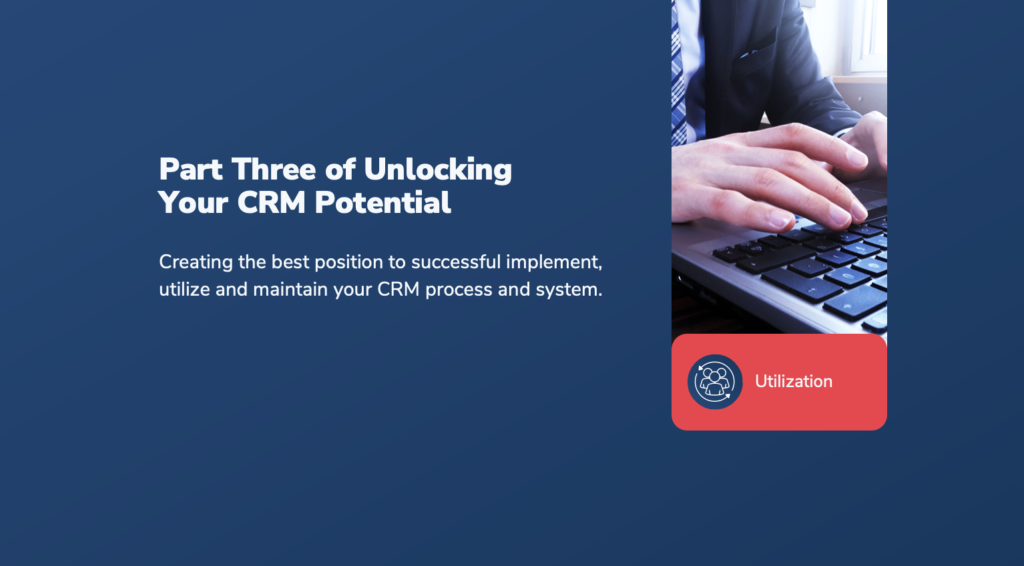When most professional service companies reach 7-10 employees mark and have been operating for at least 5 years, they usually start looking for ways to grow their sales pipeline. At this point, small businesses start looking for larger contracts in both the private and public sector. Larger contracts in the private sector generally come with a different set of problems such as a longer sales cycle and more decision makers involved in the procurement phase. Public sector pursuits usually involve a strategy of achieving necessary qualifications and certifications as well as continual submittals and a “paying dues” mentality. No matter what type of project or contract your company pursues, your company needs to have a solid process in place when identifying and pursuing new work before you submit a proposal.
3 Tips for Increasing Sales
1. Don’t chase everything.
Not every opportunity is worth pursuing. Eliminating opportunities quickly that don’t meet your primary business objectives is a great way to help increase sales. If you don’t have a solid go-no-go process in place, you may want to take the time to create one.
2. Ask good questions.
With just a few questions, you can clarify if specific opportunities are worth your company’s time and resource investment.
- Do you have a budget? – Many times you can eliminate if an opportunity is worth your time based on the budget. Remember, there is always a cost to pursue any new opportunity, if the contract amount is too small, you’re actually losing money on the deal before you even win the contract. Or, if a contract is twice the size of any project you have ever done, you may want to make sure you have appropriate resources on standby to staff the project appropriately.
- Are you working with anyone else right now? – Sometimes, businesses like to price check by getting firms to respond to an RFP one of your competitors has helped create. Make sure that you’re not wasting your time and efforts by helping your competitor gain more useful information on your business and pricing models. By asking the question, you are at least attempting to protect yourself
- Do you have a deadline? – This can help you determine where a company is in their sales cycle and help you appropriately plan your strategy in working with this client.
- Who in your team is responsible for the final decision? – Make sure you know who ultimately has the final decision making power in the procurement process, you don’t want to submit a proposal only to find out that the person you’re submitting a proposal to doesn’t have the ultimate say in the process.
3. Set SMART Goals.
Your sales pipeline goals don’t necessarily need to be revenue driven. Setting goals to increase the number of leads you receive as well as increasing the channels you receive leads through, can be great tools to increase your sales pipeline. Creating SMART goals are a great way to hold your team accountable as well. Smart goals are Specific, Measurable, Attainable, Relevant, and Timely.
Summary
Sometimes the best way to increase your sales is to consistently make smarter decisions on what you decide to chase and what you decide not to. By following a solid go-no-go process, asking specific questions, and setting SMART goals, you are well on your way to growing your sales pipeline and your business.




